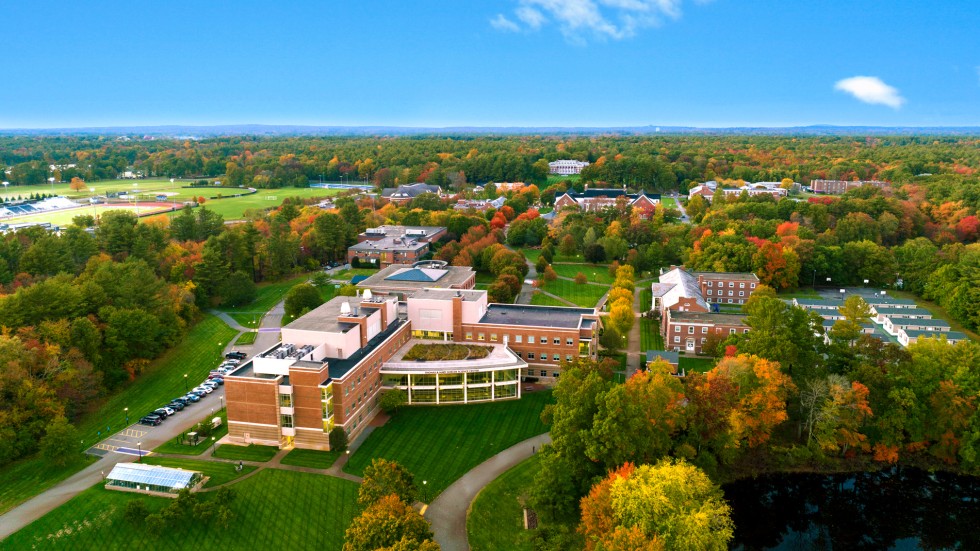2020-2021 Hill Book (Class of 2024) [ARCHIVED HILL BOOK]
Mathematics
|
|
 Return to: Programs of Study Return to: Programs of Study
Faculty:
Department Chairperson:
Hsin-hao Su (Sabbatical, Spring 2020)
Office: Duffy Academic Center 231
Phone: 508-565-1242
hsu@stonehill.edu
Heiko Todt (Acting Chair, Spring 2020)
Office: Duffy Academic Center 249
Phone: 508-565-1765
htodt@stonehill.edu
Associate Professor:
H. Su (Sabbatical, Spring 2020)
Associate Professors:
H. Todt
T. Woodcock
Assistant Professors:
L. Almodovar Velazquez
J. H. Lee
E. Quinn
The Department of Mathematics offers a major B.S., and B.A., and minor in mathematics. The department offers courses in support of other programs and departments, including education, business administration and the sciences, and in support of the College’s Cornerstone Program areas of scientific inquiry, and statistical reasoning.
Departmental Mission
The teaching mission of the department is to introduce students to the central ideas, methods and achievements of mathematics and to develop such general intellectual skills as rigorous reasoning, problem solving and persuasive expression. The mathematic major prepares students to:
- Pursue graduate studies or work in mathematics and related areas;
- Use their skills in business, education, service professions and in technology-based industries; and
- Engage in life-long learning and growing.
At Stonehill, mathematics students work with faculty dedicated to the development of mathematics and to the learning and appreciation of the nature and application of mathematics. Beyond the campus, mathematics students can enrich their experience with internships, study abroad or service learning. For further information on career paths consult our web site at: www.stonehill.edu/math.
Learning Goals
Majors in Mathematics will:
- complete a senior year term project that involves creating a mathematical model of some real-world phenomenon and using it to describe or simulate that phenomenon. Students will demonstrate through their senior Capstone Project their mathematical skills, abilities and knowledge in order to accomplish the following:
- examine and understand the phenomenon well enough to formulate a model.
- decide which aspects of the phenomenon are essential to have in the model.
- construct a mathematical model that captures the essential characteristics of the phenomenon.
- describe the model and the outcome of the modeling experiment clearly using correct terminology.
- succeed in math related professional positions and/or be competitive in graduate school programs.
ProgramsMajorMinor
 Return to: Programs of Study Return to: Programs of Study
|
